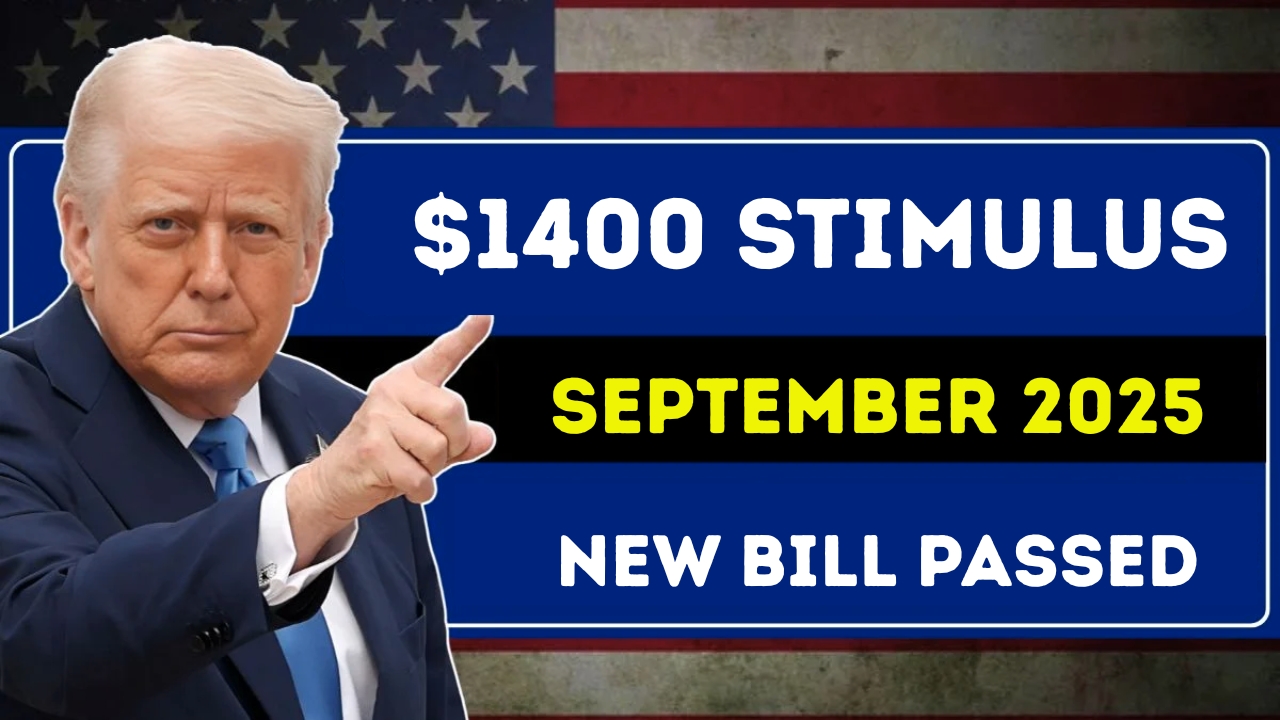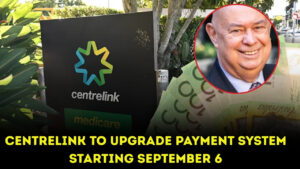Lawmakers Approve Direct Relief Measure
In a noteworthy update from Capitol Hill, the U.S. House of Representatives has passed a relief package that gives a $1,400 payment to most Americans. The measure was passed late Sunday after days of debate, and supporters are praising it as a household boost during the ongoing period of high inflation.
September Disbursement Likely
Officials believe that Senator approval and presidential signature aside, the earliest eligible residents may receive the checks is mid-to-late September 2025. Representatives from the Treasury Department claim that they are already employing payment systems, infrastructure, and stimulus payment systems from the pandemic years to preemptively prepare.
Who Will Qualify?
While the legislation applies to “most Americans,” there are cutoffs for the payment. Individuals under a certain salary cap are expected to receive the amount in full, though those above it may see a cut in their benefits. Additionally, families with dependents may receive further payment, though additional payment details will be revealed after presidential approval of the bill.
Political Divide on the Measure
The vote revealed stark partisan contrasts.Supporters, often from the Democratic block, argued the aid would function both as a stimulus for the economy and as direct support for families dealing with high inflationary pressures.
Economic Context
This aid is set against a backdrop that presents a mixed economic picture. While the economy is experiencing consistent job growth and the unemployment rate sitting near historically low levels, high consumer prices and expensive housing remain strained for most households. Economists believe the $1,400 payments provide, at best, a temporary economic lifeline and will not mitigate more deeply entrenched structural economic problems.
What Comes Next?
The bill is now going to the Senate, where debate is expected to be combative, though rapid. Due to the prevailing momentum and public demand for immediate aid, a significant portion of observers expect the bill to pass the Senate with little to no amendments.Federal agencies anticipate an increase in household spending in September due to the back-to-school season, which aligns with the first projected payment disbursement date, provided the law is signed in the next two weeks.



